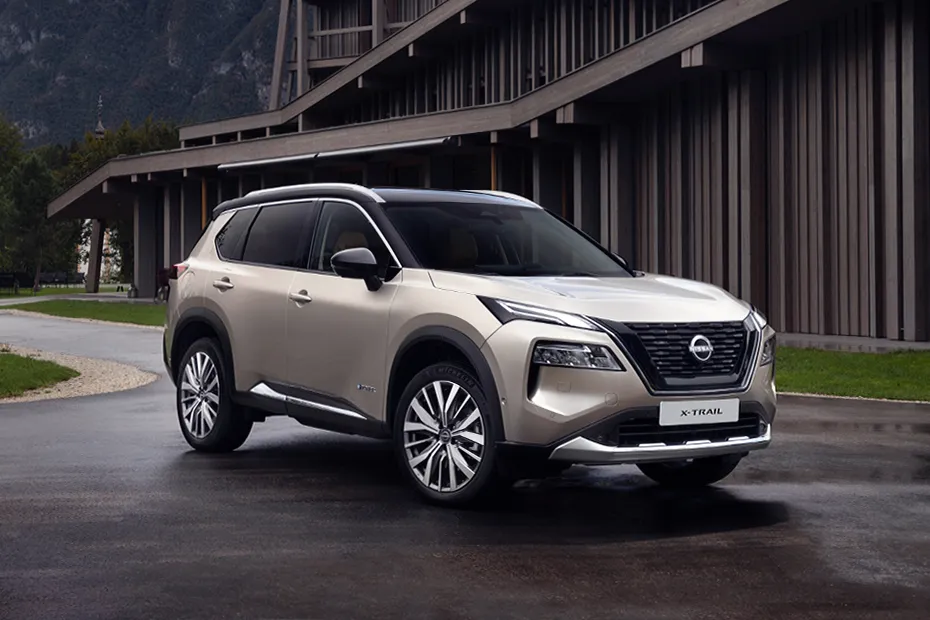Nissan, the renowned Japanese automotive giant, is gearing up to reintroduce its flagship fourth-generation X-Trail to the Indian market. Expected to hit the roads by June-July this year, the revamped SUV brings a significant change: it will now be exclusively available in a petrol variant. Set to rival the formidable Toyota Fortuner, the X-Trail will feature a potent 1.5-litre three-cylinder turbo-petrol engine, generating 204 bhp and 305 Nm of torque.
Reports from Autocar India suggest that Nissan aims to cater specifically to petrol enthusiasts with this model, foregoing the hybrid version showcased earlier. Anticipating modest sales volumes, the X-Trail will be brought in as a Completely Built Unit (CBU), aligning with India’s regulations allowing up to 2,500 units per annum without homologation.
Detailing the powertrain further, the new X-Trail will sport a CVT gearbox, with the configuration leaning towards an AWD setup, though confirmation on 2WD or AWD options is pending. Upon its Indian debut, the SUV will join the ranks of competitors like the Skoda Kodiaq and Volkswagen Tiguan, although Nissan doesn’t seem to aim at toppling the reigning Toyota Fortuner.
In addition to the X-Trail revival, Nissan is primed to rejuvenate its lineup with the facelifted Magnite, spotted testing in Chennai. The updated model promises refreshed design elements, including a rear-integrated roof spoiler, revamped tail lamps, and potentially a connected light bar. Inside, expect upgrades like a larger touchscreen infotainment system, HUD, 360-degree camera, auto-dimming IRVM, sunroof, and ventilated seats.
Under the hood, the Magnite facelift retains its current powertrain options, featuring a 1.0-litre three-cylinder naturally aspirated petrol engine and a turbocharged variant, delivering 71 bhp/96 Nm and 99 bhp/160 Nm respectively.
Beyond these offerings, Nissan is actively developing a new SUV, based on the CMF-B platform, set to debut in India by 2025. While its moniker remains undisclosed, it follows the footsteps of the Duster-based SUV, previously known as the Terrano. Mirroring the industry trend, Nissan’s SUV will exclusively feature petrol engines, including a 1.0-litre and 1.3-litre turbocharged variants, marking a strategic shift towards cleaner and efficient powertrains.






